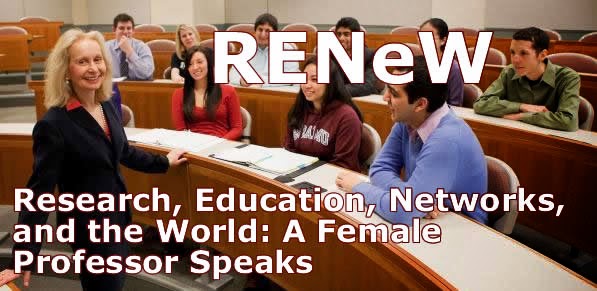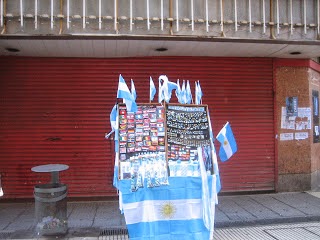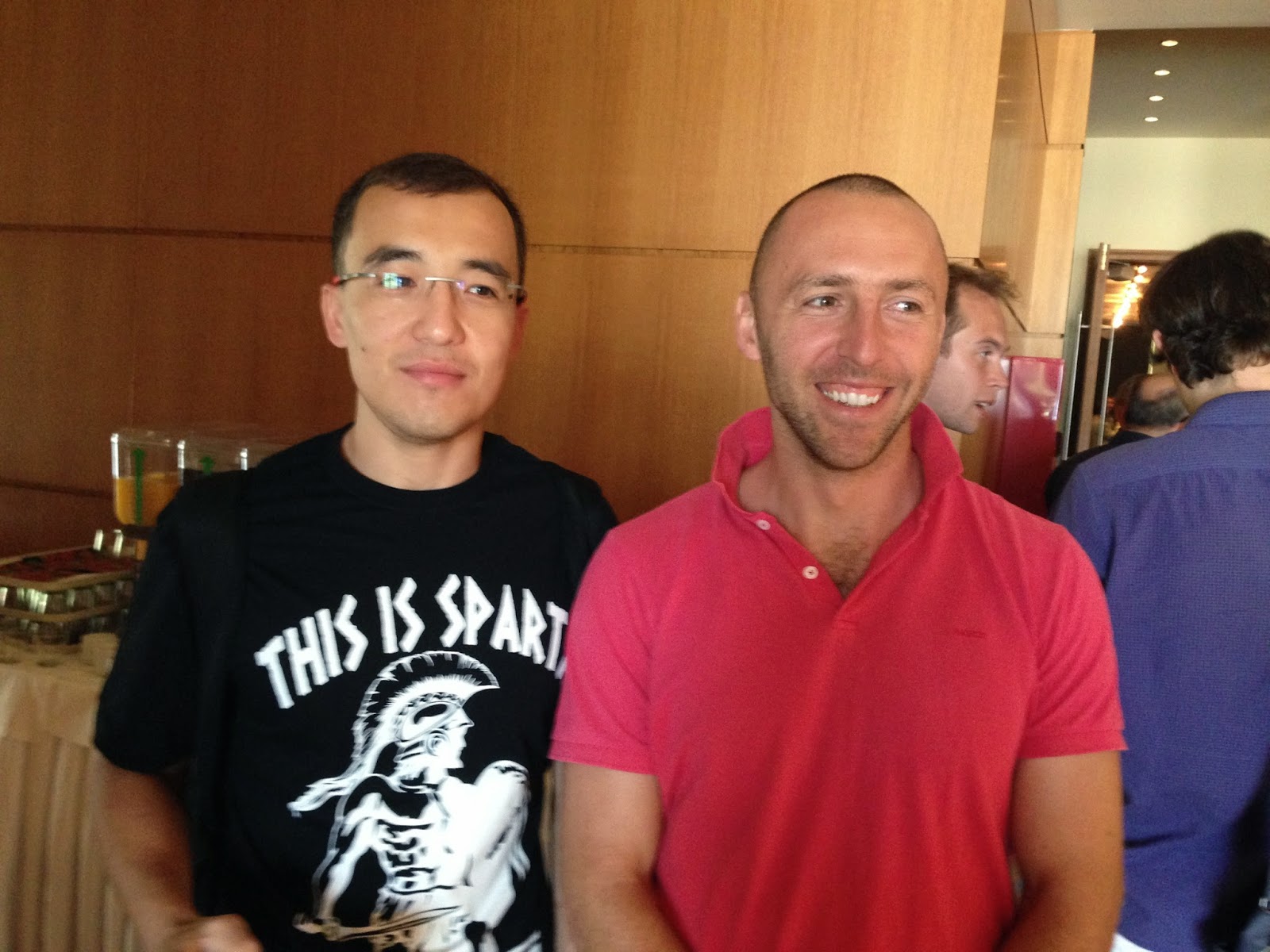Brazil deserves our congratulations for uniting the world as we watch the beautiful game being played at its venues.
I know of two colleagues in Operations Research who have tickets to several of the games in Brazil and I hope to catch their faces on TV at upcoming matches, Dr. Celso Ribeiro, the Editor of the journal, International Transactions in Operational Research (ITOR), and Dr. Mauricio Resende, of AT&T.
This year, as in 2010, 2006, and even 2002, I have been spending weeks during the spring and summer out of the USA, and those have also been World Cup years.
In 2002, I was living with my family in Innsbruck, Austria, where I held a Distinguished Fulbright at the SOWI Business School at the University of Innsbruck. Brazil won the tournament that year, beating Germany.
In 2006, which was my sabbatical year at Harvard, I traveled to Limassol. Cyprus, to speak at the 12th International Conference on Computing in Economics and Finance, June 22 - 24, 2006 and then to Iceland, for the 21st European Conference on Operational Research, Iceland, July 2-5, 2006, and, finally, to Erice, Sicily, to give an invited talk at the INTERNATIONAL SCHOOL OF MATHEMATICS G. STAMPACCHIA 44th Workshop: VARIATIONAL ANALYSIS AND PARTIAL DIFFERENTIAL EQUATIONS, Erice, Sicily, July 5-14.
I was with many operations researchers in Erice, when Italy beat France in the 2006 World Cup, an experience we will never forget because of the celebrations that followed and somehow I made it back the next day via Alitalia to Boston and with my hearty congratulations to the staff got upgraded to Business Class!
The below photo is of several of the Erice workshop participants, including Professor Panos Pardalos of the University of Florida, watching the final game!
In 2010, we were in Buenos Aires, Argentina, for the great ALIO-INFORMS Conference. The World Cup that year was taking place in South Africa. Buenos Aires was replendant in celebrating its team. Spain won that year (and got eliminated early in 2014). Coincidentally, Dr. Celso Ribeiro gave a tutorial on sports scheduling at this conference, with a focus on soccer, which I enjoyed very much. A special issue of ITOR was edited on the tutorials and I also had one with Q. Qiang.
I have spent almost 2 of the past several months in Europe, being based primarily in Sweden (which did not, however, qualify for the 2014 World Cup). I have also been going to conferences in Erice (deja vu), in Taormina, also in Sicily, and in Greece. I have met up with may operations researchers at these venues and together we have cheered on many teams. I enjoy listening to the announcers in different languages.
The photo below was taken in Italy about 2 weeks ago, shortly before Italy was eliminated from the 2014 World Cup, and we commiserated with our many Italian friends.
The Costa Rican goalie, Keylor Navas, who was instrumental in Costa Rica beating Greece in last night's game, has made headlines with his amazing plays. Afterwards, I enjoyed his quotes, in which he emphasizes his family (and how he kept on thinking of them during last night's game against Greece): I try to be a good father. I tried to be a good friend and in such a beautiful sport as football, I always try to have my kids happy so when they grow up, they can look back and they can see a father who did important things for their country.
It is great that the USA has made the round of 16, although it lost to Germany in its latest match, and tomorrow it will be very exciting to watch the USA team play against Belgium.
Congratulations to all of the teams that qualified for this terrific 2014 World Cup in Brazil!














































































